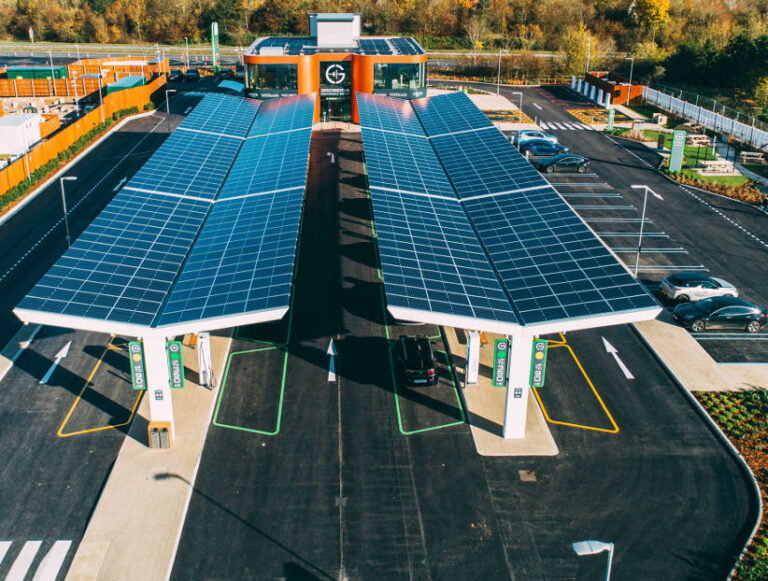The South Australian Government’s proposed electric vehicle strategy emulates the best aspect of the New South Wales equivalent while shunning Victoria’s “world’s worst” EV tax, Volkswagen Group Australia (VGA) says.
The Electric Vehicle Council aligned importer of Volkswagen, Audi, SKODA and CUPRA said that SA’s proposal served also to emphasise the “inertia of the federal Government”.
“The states and territories are left to pursue individual policies on the most profound change to personal mobility in 100 years,” said VGA managing director Michael Bartsch. “NSW has devised a world class strategy to encourage uptake of zero emissions vehicles. Nor would South Australia implement a road user charge on EVs until 2027 or until these comprise 30 per cent of sales.
“Lack of federal leadership, however, has allowed the Victoria Government to go rogue with a plan predicated on taxing EVs before they comprise even 1 per cent of the market. Victoria’s token rebates do not change the fact that new Plug-In Hybrid EVs are double taxed under the road user charge and the fuel excise, while antiquated 1990s ‘self-charging’ hybrids are exempted.
“Unlike its eastern neighbour, but very much like NSW, the Marshall Government has sought expert advice and considered these representations and we ask that it continues in this vein.
“There is, of course, more to a mature EV policy than taxation or incentives. Widespread adoption of EVs has broader societal and environmental benefits, not least the reduction of emissions and reliance on fossil fuel.”
Mr Bartsch said that VGA continues to work with the EV Council, which – as was acknowledged again this week by the NSW Government – helped develop its exemplary EV Strategy.
“Electric Vehicles and Plug-In Hybrid Electric Vehicles will eventually come to comprise the great majority of passenger vehicles,” Mr Bartsch said. “VGA is has no use for a tepid ‘technology neutral’ approach.
“The announcement of NSW’s progressive policy has enabled our Group to make representations to its factories for EV prioritisation.”







